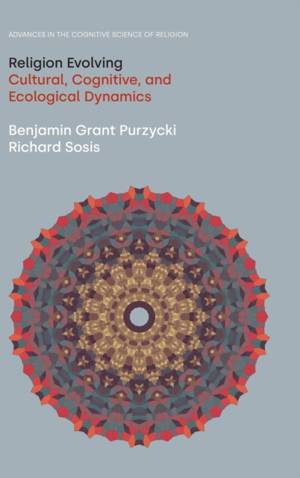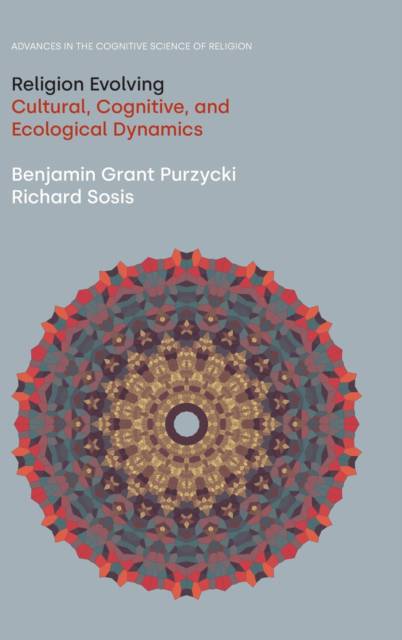
Bedankt voor het vertrouwen het afgelopen jaar! Om jou te bedanken bieden we GRATIS verzending (in België) aan op alles gedurende de hele maand januari.
- Afhalen na 1 uur in een winkel met voorraad
- In januari gratis thuislevering in België
- Ruim aanbod met 7 miljoen producten
Bedankt voor het vertrouwen het afgelopen jaar! Om jou te bedanken bieden we GRATIS verzending (in België) aan op alles gedurende de hele maand januari.
- Afhalen na 1 uur in een winkel met voorraad
- In januari gratis thuislevering in België
- Ruim aanbod met 7 miljoen producten
Zoeken
Religion Evolving
Cultural, Cognitive, and Ecological Dynamics
Benjamin Grant Purzycki, Richard Sosis
€ 161,45
+ 322 punten
Uitvoering
Omschrijving
The scientific study of religion has made significant advances in recent decades, explaining how the mind produces religious ideas, the motivations underlying religious behaviour, and the transmission of religious cultures within and across generations. In Religion Evolving: Cultural, Cognitive, and Ecological Dynamics, Purzycki and Sosis argue that further progress requires integration of isolated research findings on the various components - ritual, supernatural agent belief, myth, taboo, and so forth - that constitute religion. Religions, they contend, need to be understood as adaptive systems. Drawing from a wealth of ethnographic and experimental evidence, they situate religious systems within their local socioecological contexts, showing how religious culture adaptively responds to economic, environmental, and human health problems, as well as costly threats to cooperation and reproduction. Based in the evolutionary, cognitive, and anthropological sciences, Religion Evolving offers a holistic approach that attends to the complex, interacting features of religious systems.
Specificaties
Betrokkenen
- Auteur(s):
- Uitgeverij:
Inhoud
- Aantal bladzijden:
- 240
- Taal:
- Engels
- Reeks:
Eigenschappen
- Productcode (EAN):
- 9781800500518
- Verschijningsdatum:
- 15/02/2022
- Uitvoering:
- Hardcover
- Formaat:
- Genaaid
- Afmetingen:
- 156 mm x 234 mm
- Gewicht:
- 544 g

Alleen bij Standaard Boekhandel
+ 322 punten op je klantenkaart van Standaard Boekhandel
Beoordelingen
We publiceren alleen reviews die voldoen aan de voorwaarden voor reviews. Bekijk onze voorwaarden voor reviews.









